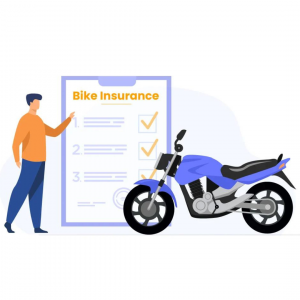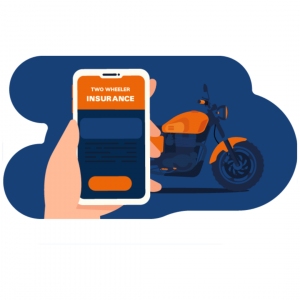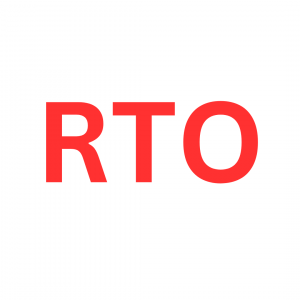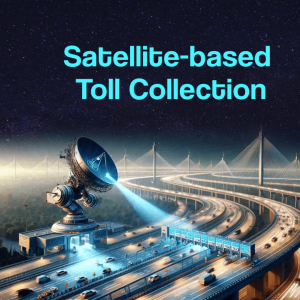Car insurance fraud encompasses any fraudulent activity involving vehicle insurance. It can involve fraudulent insurance companies, agents, or middlemen within the insurance industry, or it may target them.
Types of Car Insurance Fraud:
Fraud Against Insurers :
Fraud against insurance companies occurs when individuals deceive insurers to resolve claims. Common strategies include staging accidents, inflating claims, focusing on victims, and exaggerating damages.
Fraud Against Policyholders:
Exploiting policyholders via fake insurance policies, unrealistic benefits, and deceptive communication to unlawfully profit.
Examples of Car Insurance Fraud:
Against Insurers:
- Exaggerating damages
- Staged accidents
- Claims fraud
- Application fraud
- Forgery
- Eligibility fraud
- Internal or external fraud (employees or agents)
Against Policyholders:
- Fake insurance policies
- Unrealistic benefits and features
- Fake payment beneficiaries
- Spurious calls
Consequences of Car Insurance Fraud:
Fraud with auto insurance is a serious concern. Motor insurance fraud is classified as a fraudulent act, cheating, forgery, etc. under the Indian Penal Code (IPC). A fraudulent act on a vehicle insurance policy will be dealt with in accordance with the IPC.
How to Identify a Fake Insurance Policy ?
In order to gain money and not offer insurance coverage, unauthorized or fake businesses approach potential clients and market insurance products. It won’t be until you file a claim against that policy that you will come to realize that you were duped. By then, the phony business or representative has profited, and you have been duped.
It’s critical to recognize a fraudulent auto insurance policy before purchasing one for your car. Before accepting the plan, it is imperative to do your homework on the insurance provider and the representative.
Ways to Avoid Car Insurance Fraud:
1. Direct Purchase
Insurance firms that use the direct-to-customer approach, do not use brokers or middlemen. Furthermore, Insurance companies operate entirely online because they are a digital-first company. You can get auto insurance directly without the need for agents, which removes the possibility of fraud.
2. Receipt Verification
Make sure you receive a receipt each time you pay the payment. Getting a receipt for every payment is a wise habit to develop. If it turns out that the policy is fraudulent, you can use the receipt as evidence and pursue legal action against the impostor insurer.
3. Terms and Conditions
The majority of people don’t read the policy’s finer points. You can better comprehend the features and advantages of the policy by reading the terms and conditions. Car insurance includes key details including deductibles, insured declared value, and no claim bonus.
Therefore, before purchasing the plan, you should pay close attention to the terms and circumstances. If you discover a mistake, fix it right away to avoid having your claims denied.
4. Secure Payments
You can pay the payment to the insurance company directly, bypassing any intermediaries or agents, by using a check, credit card, or net banking. You can be confident that using these payment methods will be helpful down the road.
5. QR Code Verification
Every insurance policy must have a QR code, under recommendations published by the Insurance Regulatory and Development Authority of India (IRDAI). To find out if the policy is authentic or not, you can scan the code. The policy’s QR code helps you confirm the legitimacy of the policy by providing information about the insurance plan’s status and specifics.
6. Avoid Blank Signatures
You can either purchase the policy directly from insurers or fill out the application yourself. To prevent fraud, never sign on blank paper, forms, or checks. By signing a blank paper or check, you allow a phony or real agent to use your signature to purchase a new insurance plan.
7. Beware of Unrealistic Benefits
It’s best to be wary of calls or approaches from agents that seem too good to be true or who are advertising inflated perks and features. Make sure to double check with the insurance company before falling for any fraudulent promises, as agents or insurance firms offering such services are not allowed to offer benefits that exceed the terms of the policy.
FAQs on Car Insurance Fraud:
Q1. What is car insurance fraud?
A1. Car insurance fraud refers to any deceptive or dishonest activity related to insurance for vehicles, where individuals or entities attempt to unlawfully benefit from insurance claims or policies.
Q2. How do fraudsters commit insurance fraud against insurers?
A2. Fraud against insurers can take various forms, including staging accidents, inflating claims, focusing on unsuspecting victims, and exaggerating damages to extract higher payouts from insurance companies.
Q3. What are some examples of insurance fraud against policyholders?
A3. Examples of fraud against policyholders include selling fake insurance policies, promising unrealistic benefits or features, and engaging in fraudulent calls or communications to deceive customers.
Q4. What are the consequences of car insurance fraud?
A4. Car insurance fraud is a serious offense that can lead to legal consequences under the Indian Penal Code (IPC). Perpetrators may face charges of fraud, cheating, forgery, and other criminal offenses.
Q5. How can one identify a fake insurance policy?
A5. Fake insurance policies are typically offered by unauthorized or fraudulent companies or agents who promise coverage but fail to deliver when claims are filed. It’s crucial to research insurance providers and agents thoroughly before purchasing a policy.
Q6. What are some ways to avoid car insurance fraud?
A6. To avoid car insurance fraud, consider purchasing insurance directly from reputable insurers, obtaining receipts for premium payments, carefully reading policy terms and conditions, paying through secure methods, verifying policies via QR codes, and never signing blank forms or checks.
Q7. Why is it important to avoid agents and buy directly from insurers?
A7. Buying directly from insurers eliminates the risk of fraudulent intermediaries or agents. It ensures transparency and reduces the likelihood of falling victim to fraudulent schemes.
Q8. How can one verify the authenticity of an insurance policy using QR codes?
A8. Every legitimate insurance policy should contain a QR code as per IRDAI recommendations. By scanning the QR code, policyholders can verify the policy’s authenticity and obtain details about its status and coverage.
Q9. What should individuals do if they suspect insurance fraud?
A9. Individuals who suspect insurance fraud should report their concerns to the appropriate authorities, such as insurance regulatory bodies or law enforcement agencies. They should also gather evidence and documentation to support their claims.
Q10. Why is it essential to read and understand policy terms and conditions?
A10. Reading and understanding policy terms and conditions help policyholders grasp the extent of their coverage, including deductibles, insured declared value, and no claim bonus. It empowers them to make informed decisions and avoid misunderstandings that could lead to fraud or claims denial.











